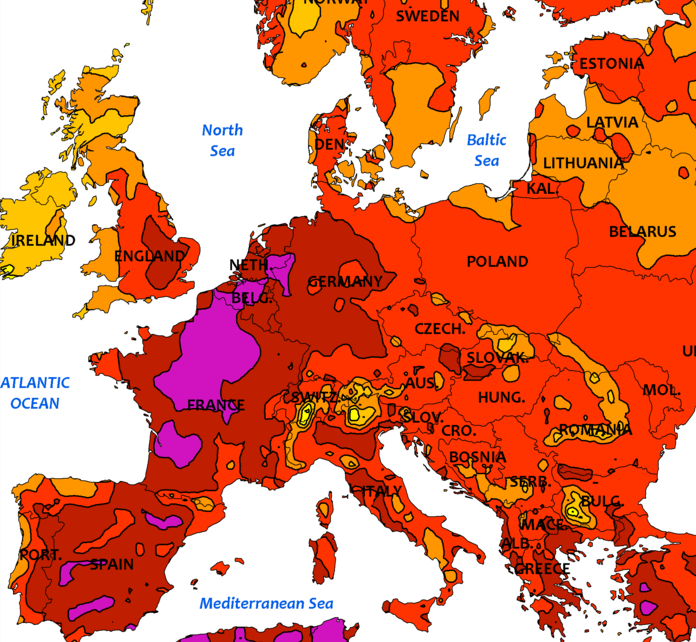
Climate Impact On European Homes And Solar Options
Climate change, an issue of global concern, has far-reaching impacts on households across Europe. As temperatures continue to rise due to the relentless emission of greenhouse gases, households face various challenges that greatly affect their well-being, financial stability, and overall quality of life. Furthermore, as the urgency to combat climate change grows, policymakers and individuals are seeking innovative solutions to mitigate its effects. Solar Kits, as a clean and renewable source of energy, have emerged as a promising tool to address the challenges posed by climate change.
The impacts of climate change on households in Europe are profound and multifaceted. One of the most apparent consequences is the increased energy demand for cooling during heat waves, resulting in higher electricity consumption and elevated costs. For households already struggling with financial burdens, these increased energy bills can pose significant challenges. Moreover, these heatwaves, intensified by climate change, also present health risks, particularly for vulnerable populations such as the elderly. The lack of access to adequate cooling systems can lead to heat-related illnesses and, in severe cases, fatalities. The frequency and intensity of extreme weather events, such as storms and floods, brought about by climate change, also exacerbate the risks of injury and property damage for households, further straining their finances.
In addition to direct physical impacts, climate change affects food security by disrupting agricultural productivity. Changing rainfall patterns, prolonged droughts, and intense storms can significantly impact crop yields and availability. This, in turn, can lead to food price increases and scarcity. For households already grappling with financial constraints, these increases in the cost of food can compound their difficulties, potentially pushing them into further economic hardship.
To address the challenges brought on by climate change, innovative solutions are needed, and Solar Kits have emerged as a viable option. Solar energy, generated by harnessing the power of the sun, provides households with a clean and renewable source of electricity. By adopting Solar Kits, households can reduce their reliance on fossil fuels, which are major contributors to climate change.
One of the primary benefits of Solar Kits is the potential for cost savings. While there is an initial investment required, solar energy is free and sustainable in the long run. By generating their own electricity through solar panels, households can significantly reduce their reliance on the grid and save on energy costs. We have our Yield Calculator to help you see how much you could save using our Solar Kits. Moreover, some European countries offer incentives and subsidies for solar installation, making it an even more attractive option for households, alleviating financial burdens and promoting renewable energy adoption.
Furthermore, Solar Kits provide households with increased resilience during climate-related emergencies. In the face of power outages caused by extreme weather events, solar energy can serve as a reliable and independent source of electricity. This enhanced resilience ensures that households can continue to function and mitigate the detrimental effects of power disruptions on their daily lives.
Importantly, Solar Kits offer not only economic advantages but also valuable environmental benefits. Solar energy is a clean and renewable source, emitting zero greenhouse gas emissions during operation. By transitioning to solar power, households can significantly reduce their carbon footprint and make a positive impact on the global fight against climate change.
According to a study published in the journal Nature, solar power has enormous potential for Europe, with estimated solar energy generation capacity exceeding the continent's electricity demand by 2050. This highlights the immense prospects for Solar Kits and emphasizes the significance of their adoption in combating climate change and safeguarding European households from its far-reaching impacts.
Moreover, the transition to renewable energy sources like solar power can stimulate job creation, with the European Commission projecting thousands of new jobs in the solar energy sector. Additionally, community solar initiatives are gaining traction, allowing households to collectively invest in solar installations and democratizing access to renewable energy.
In conclusion, the impacts of climate change on households in Europe are far from trivial, affecting various aspects of their lives, including energy consumption, health, finances, and food security. Against this backdrop, Solar Kits emerge as a promising solution, offering renewable energy, cost savings, increased resilience, and environmental benefits. By harnessing the power of the sun, households can reduce their dependence on fossil fuels and contribute to mitigating the ravaging effects of climate change. As governments and individuals strive to combat climate change, the widespread adoption of Solar Kits holds the potential to transform Europe's energy landscape and create a more sustainable, resilient, and prosperous future for its households.

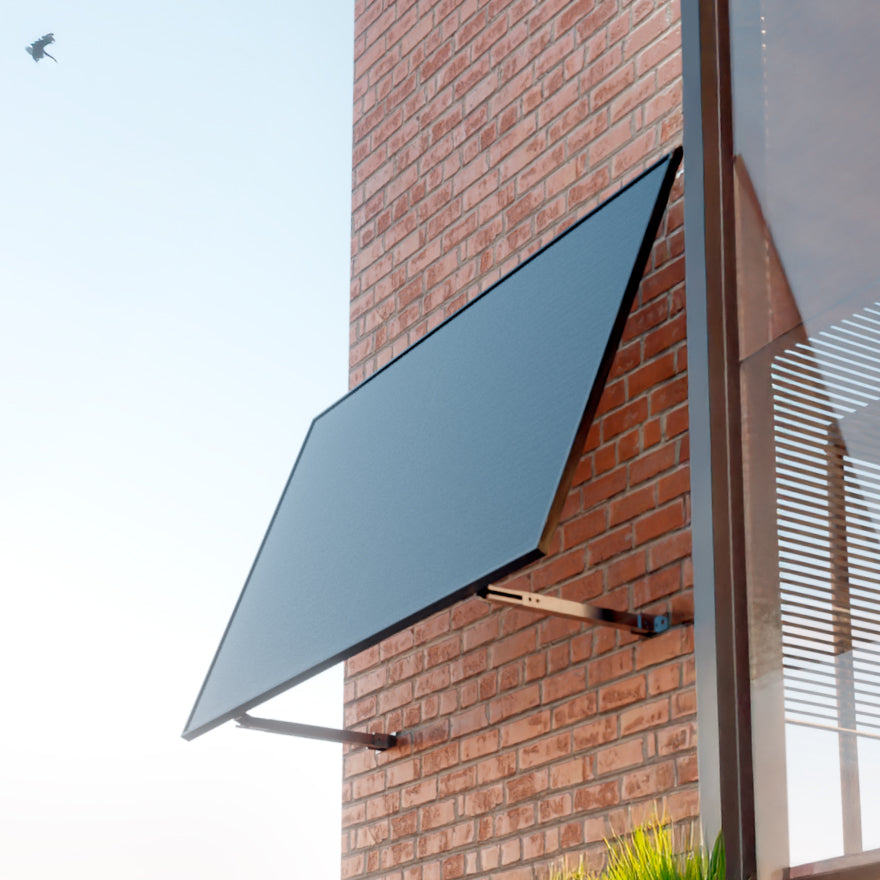
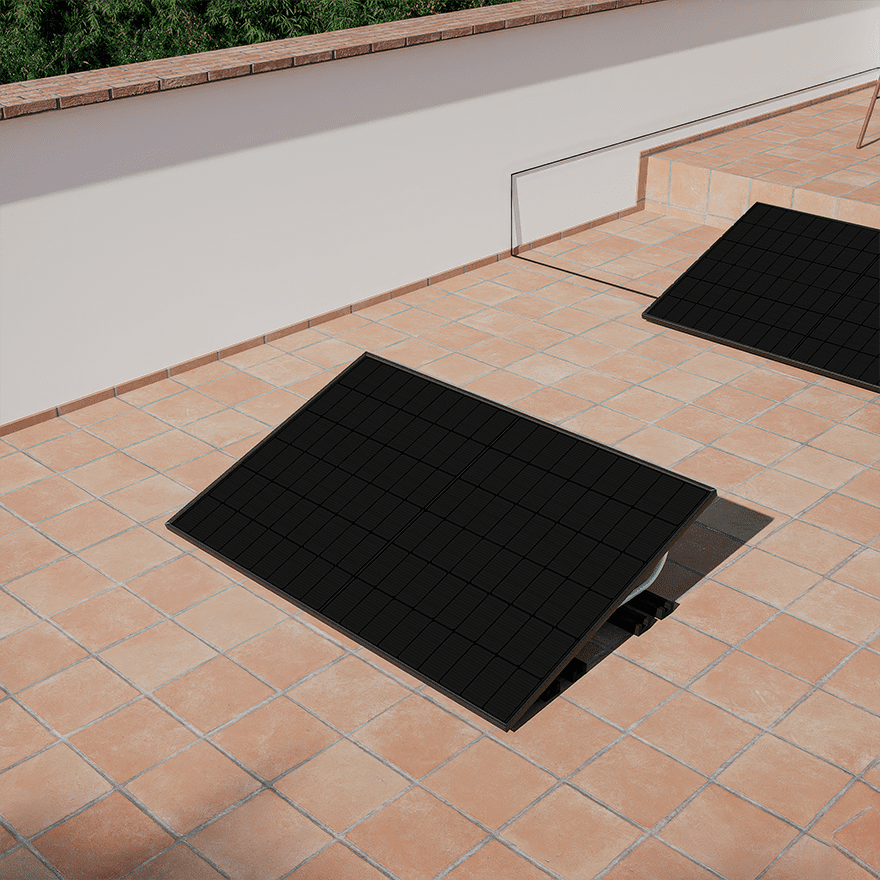


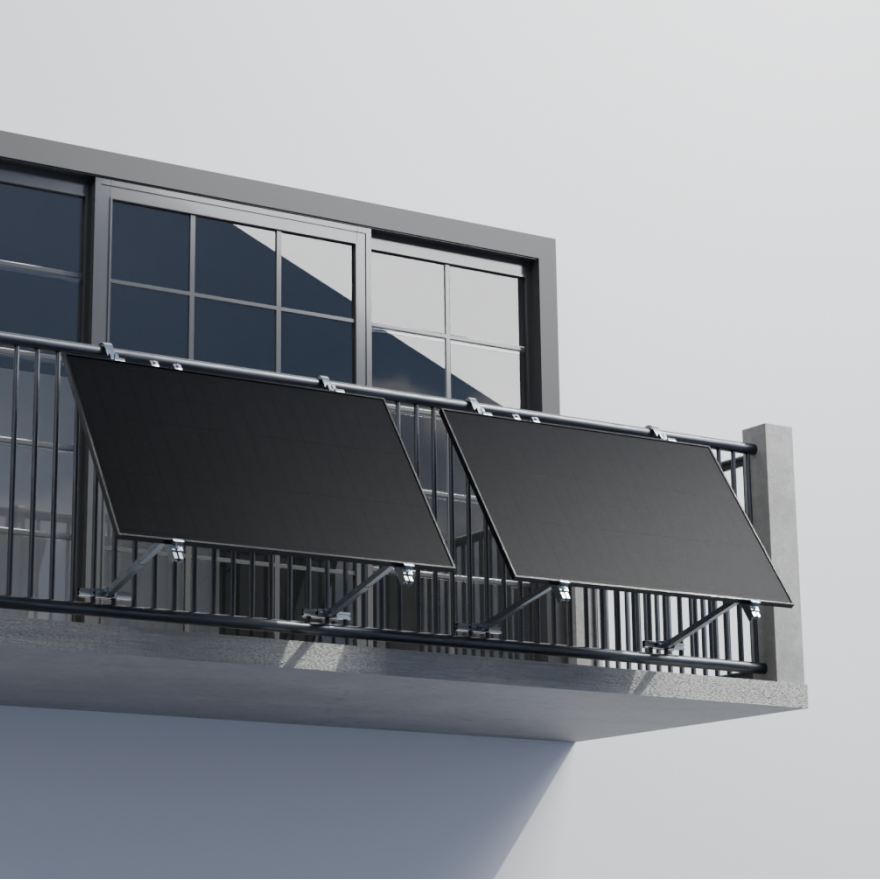


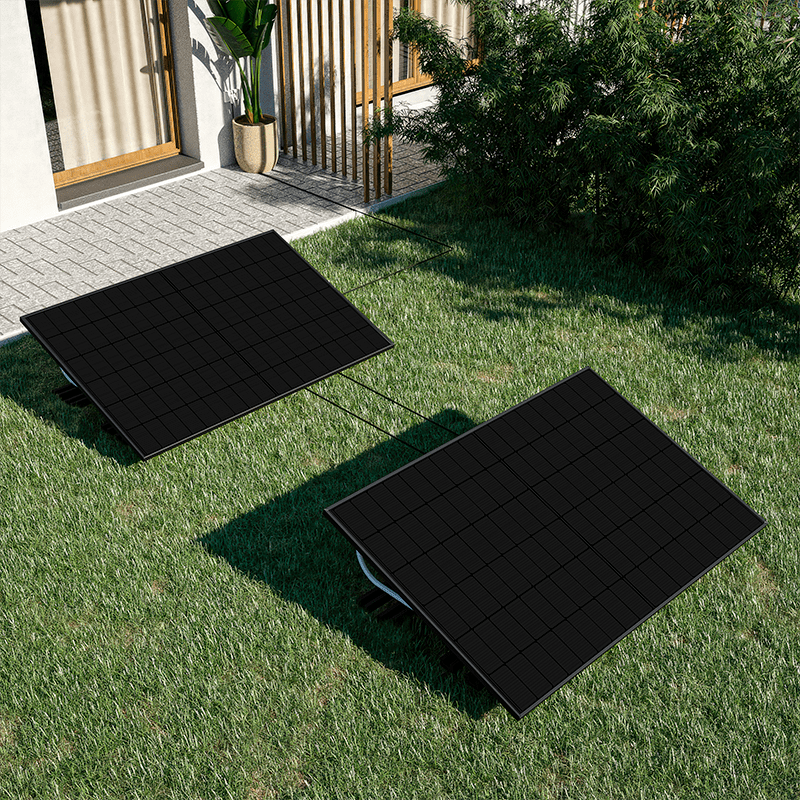
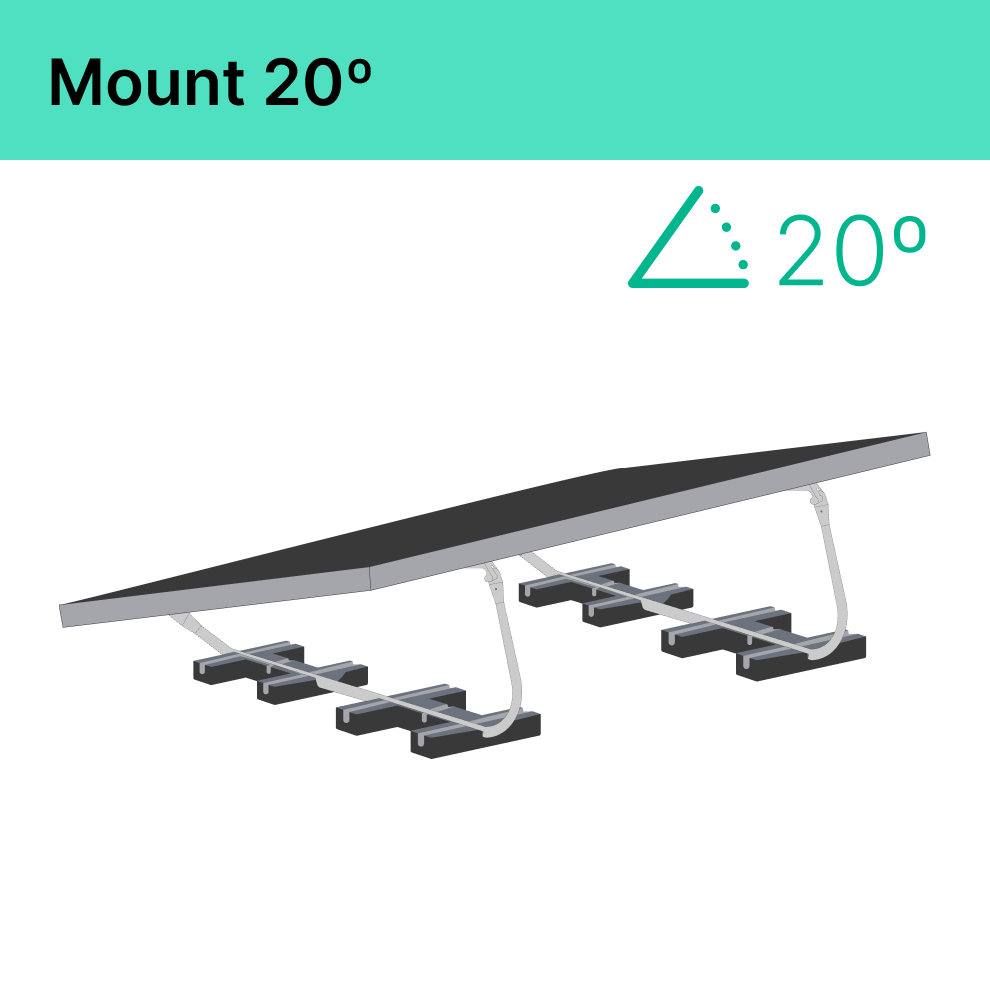

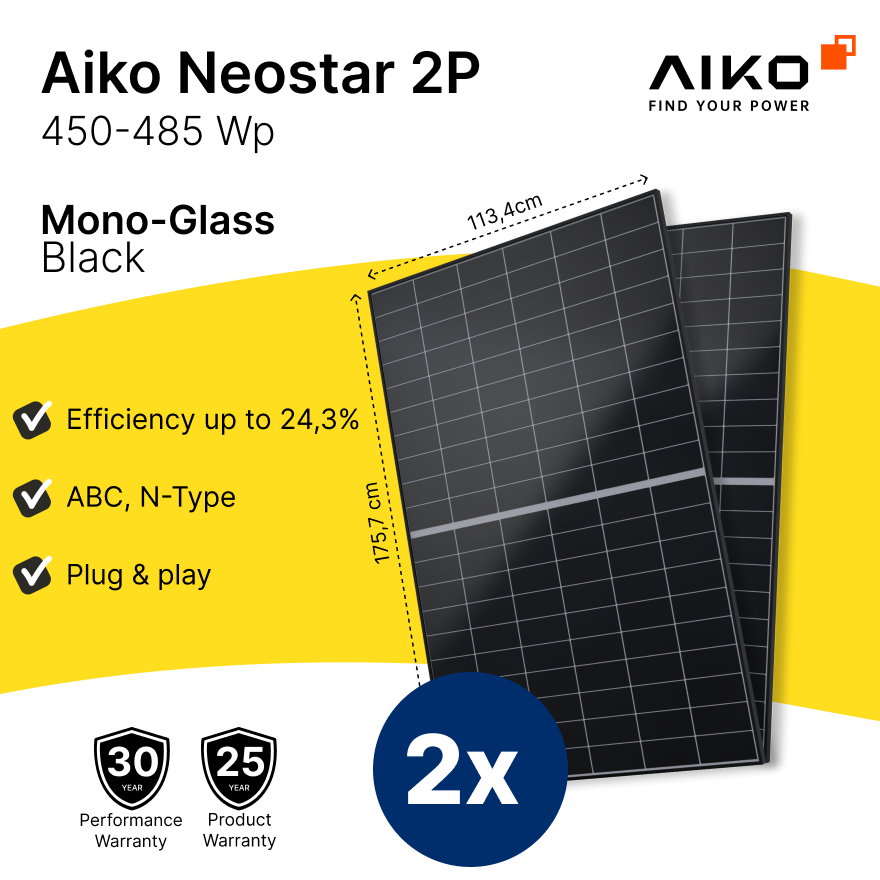






Leave a comment
This site is protected by hCaptcha and the hCaptcha Privacy Policy and Terms of Service apply.